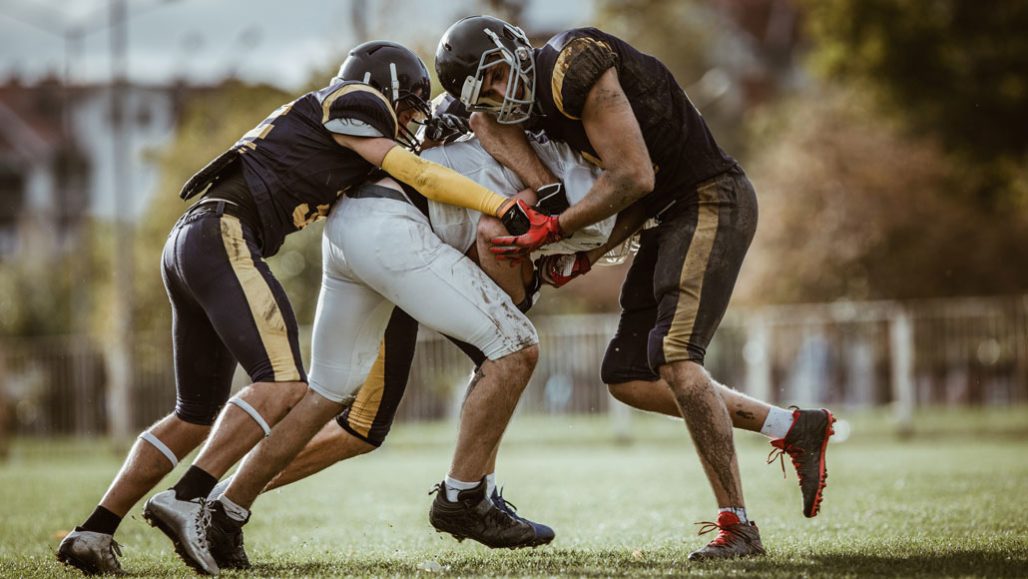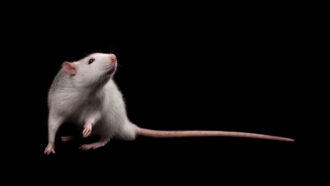accelerometer An instrument for measuring vibrations or a change in the rate of movement. These sensors typically can measure movement changes in all three dimensions (front-to-back, side-to-side and up-and-down).
average (in science) A term for the arithmetic mean, which is the sum of a group of numbers that is then divided by the size of the group.
brain scan A technique to view structures inside the brain, typically with X-rays or a magnetic resonance imaging (or MRI) machine. With MRI technology — especially the type known as functional MRI (or fMRI) — the activity of different brain regions can be viewed during an event, such as viewing pictures, computing sums or listening to music.
brain stem A region at the base of the brain that includes many control centers for functions essential to life. These include (but are not limited to) breathing, swallowing and blood pressure. Doctors refer to a patient in whom the brain stem no longer functions as being “brain dead.”
concussion Temporary unconsciousness, or headache, dizziness or forgetfulness due to a severe blow to the head.
force Some outside influence that can change the motion of a body, hold bodies close to one another, or produce motion or stress in a stationary body.
fractional anisotropy A gauge of the connectivity of white-matter fibers in the brain based on imaging of this tissue in certain types of brain scans.
neural (adj.) Having to do with nerves.
tissue Made of cells, it is any of the distinct types of materials that make up animals, plants or fungi. Cells within a tissue work as a unit to perform a particular function in living organisms. Different organs of the human body, for instance, often are made from many different types of tissues.
white matter One of the two main tissue types found in the brain and spinal cord. It consists mainly of bundles of nerve fibers.








